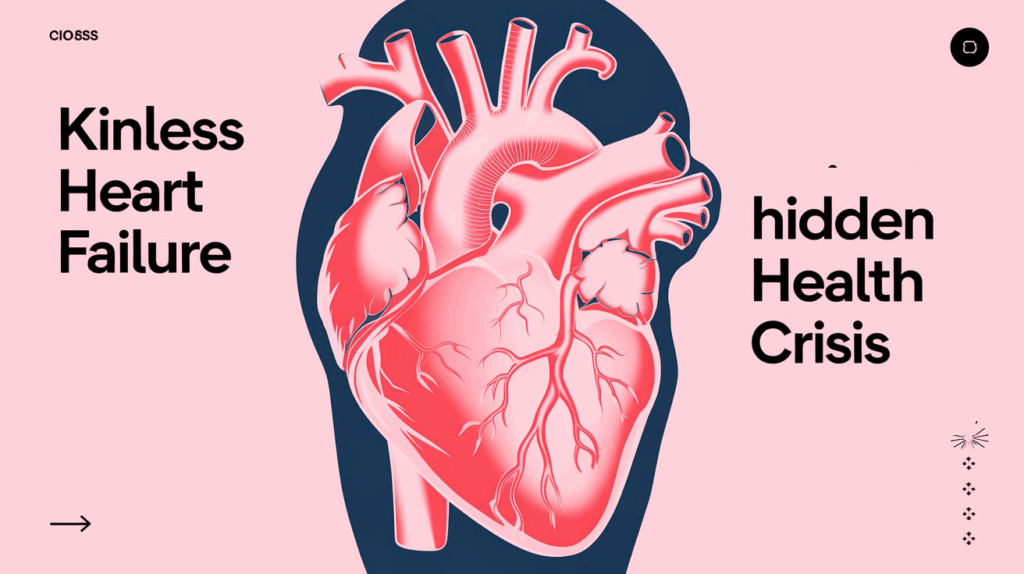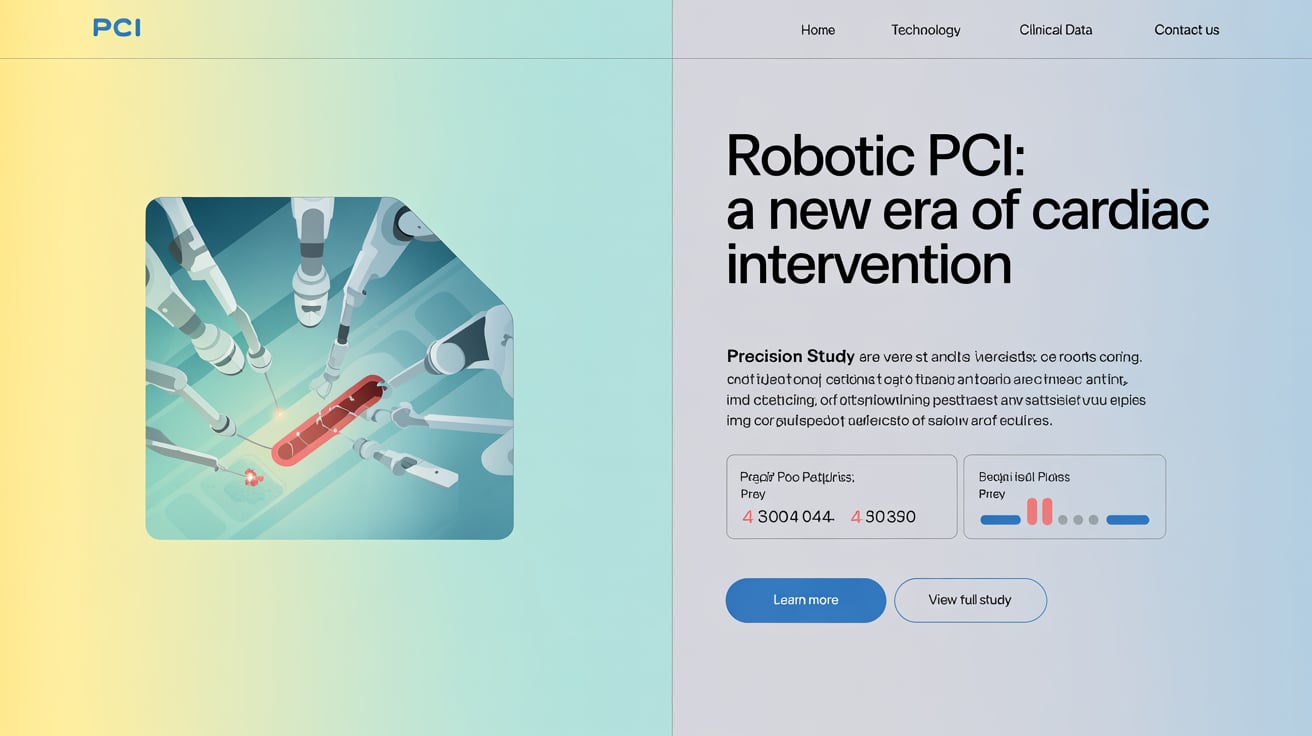Older heart failure patients without family support are at increased risk of poor outcomes, according to new research in Journal of Cardiac Failure. The study sheds light on “kinlessness”—patients without a partner or children—and its impact on health.
Key Findings:
- Kinlessness is linked to worse physical and mental health, reduced adherence to medical regimens, and barriers to care.
- Vulnerable groups—Black, female, disabled, and low-income adults—are disproportionately affected.
- Lack of family support often disqualifies patients from advanced therapies like LVADs or transplants.
Rethinking Eligibility & Support:
- The authors urge reevaluation of care requirements, especially as LVAD tech and telehealth have advanced.
- Social workers, friends, and support groups may offer non-traditional support networks.
- Group-living models—shared housing, cohousing, and villages—offer promising alternatives for aging in place.
Digital Innovation:
- Smartphone apps for symptom tracking and care coordination could fill critical gaps in care access and continuity.
As more older adults live without family, healthcare systems must evolve to serve this growing and often invisible patient population.
Follow MEDWIRE.AI for heart failure care innovation and public health insights.








